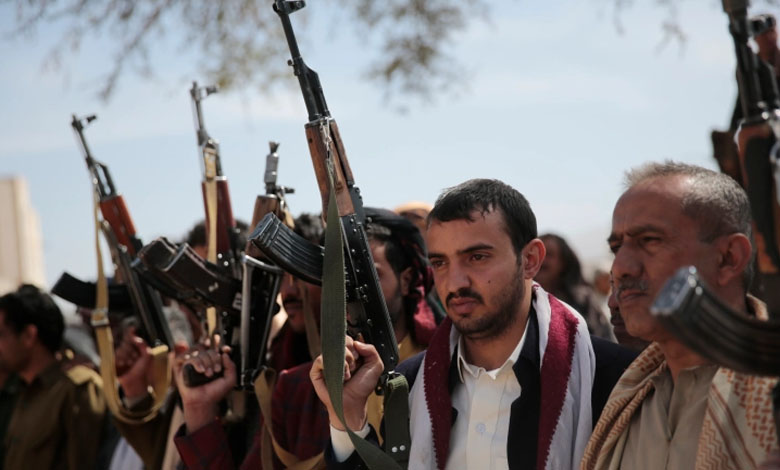Yemen: Houthi militia threatens oil companies to pressure international community

Observers warned of threats by the Iran-backed Houthi militia against oil companies, saying that Houthi’s threats were mainly due to exploiting global energy weaknesses caused by the Russian-Ukrainian war, especially after the UN declared its failure to extend the truce and ceasefire in the war-ravaged country after Houthi obstructed all international talks and rejected the truce.
Houthi obstacles
UN envoy Hans Grundberg expressed regret over the failure to extend the truce, implicitly criticized Houthi, thanked the internationally recognized government for its “positive participation” in the talks aimed at extending the ceasefire, and called on the leaders to continue to seek an agreement, according to the Arab Weekly International newspaper, which added in its report: Informed diplomatic sources confirmed that the military and ideological wing of the Houthis is behind the rejection of the amended agreement presented on Saturday by UN envoy to Yemen Hans Grundberg to all parties in the conflict in an attempt to prevent the collapse of the UN truce, which ended on Sunday, adding that international pressure on the negotiating delegation of the Houthi militia in the Omani capital Muscat resulted in Mohammed AbduSalam informing the head of the UN delegation to the Houthis proposed agreement, but the Supreme Council later issued a statement in which its approval.
International blackmail
The Houthis have threatened to target the economic interests of regional countries and world powers, having harnessed their potential to acquire capabilities and resources in light of the internal crises facing their main financier in Iran. The Houthi militia also warned shipping companies with destinations to coalition countries operating in Yemen not to ignore the militia’s warnings and instructions. The newspaper continued that in the hours before the deadline, the Houthi militias warned foreign oil companies still operating in the country to leave or their facilities would be seized. The Houthis are dealing with the truce as a means to blackmail the international community, and in particular the countries of the region, said Yacoub Al-Sifiani, director of the South 24 Center for Studies and News in Aden, describing the Iranian-backed group’s warnings to oil companies as stemming from their desire to exploit global energy weaknesses resulting from the Russian-Ukrainian war.
Threat to energy sources
Mahmoud Al-Taher, a Yemeni political researcher, said: “The Houthis are seeking to obtain the maximum political gains, within the framework of their plans to impose international recognition of their legitimacy, undermine the legitimacy of the Yemeni government, and take advantage of the tense global situation to put pressure on the United States and the international community through threats to energy sources and oil companies operating in the region.” The executive director of the Sana’a Center for Strategic Studies, Majid Al-Mahagji, saw additional reason for the Houthis maneuvers, saying: “The Houthis are following the strategy to raise the ceiling of their demands and play on the concerns of the countries of the region that want stability under the current regional circumstances, including the upcoming World Cup.”












